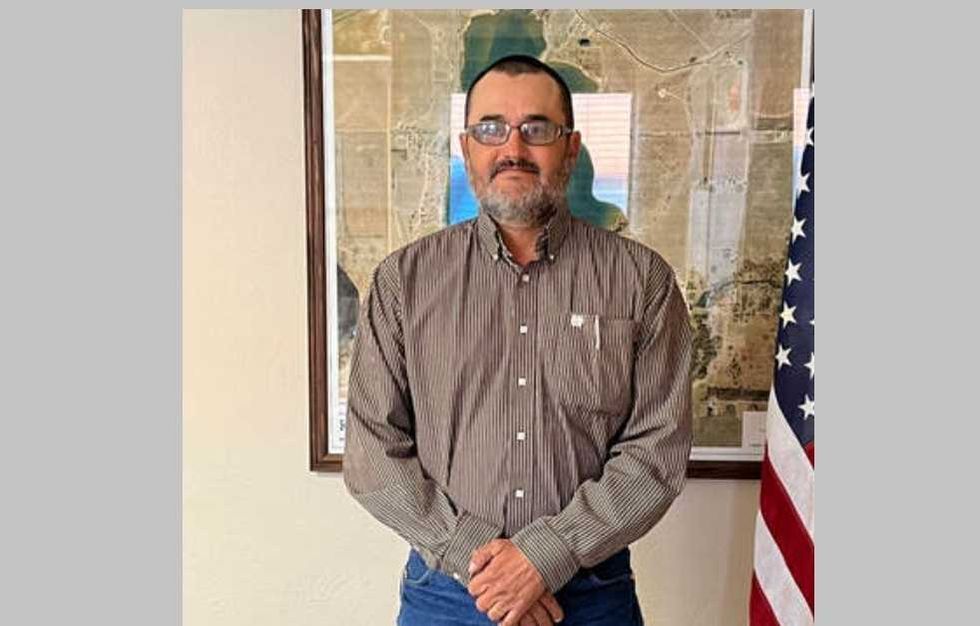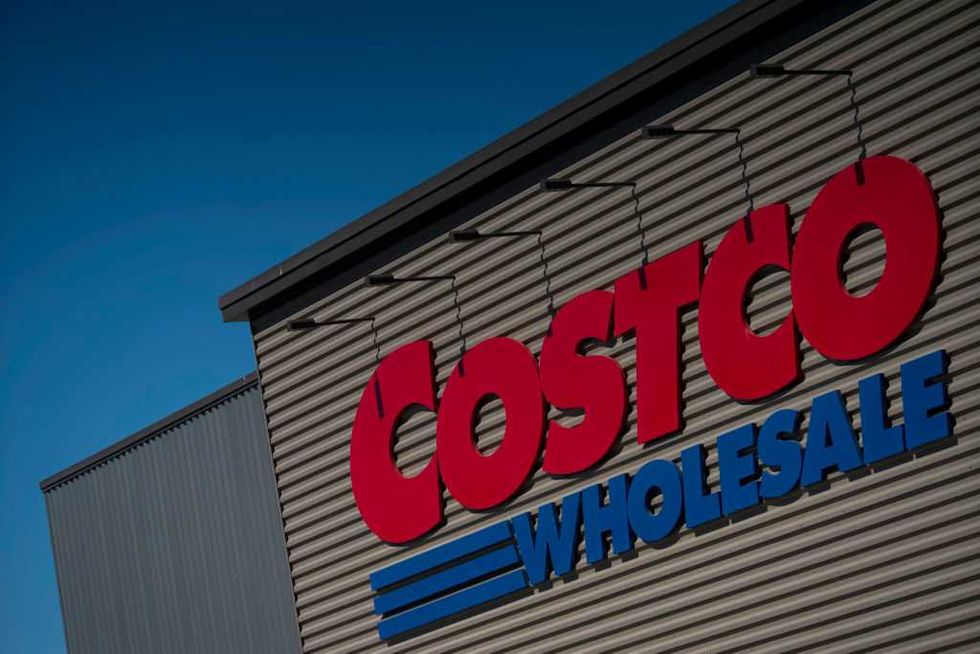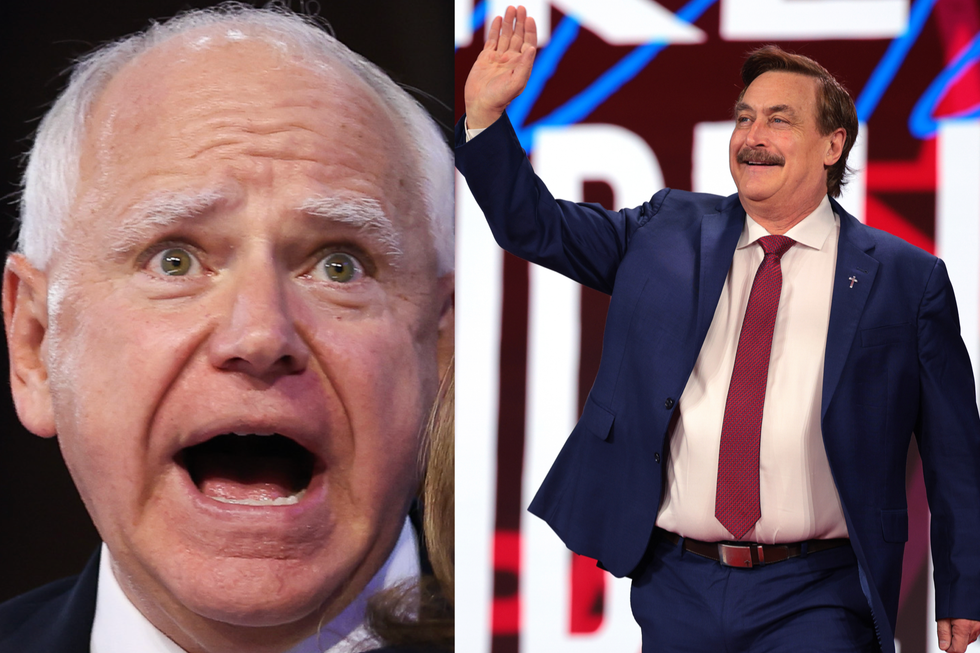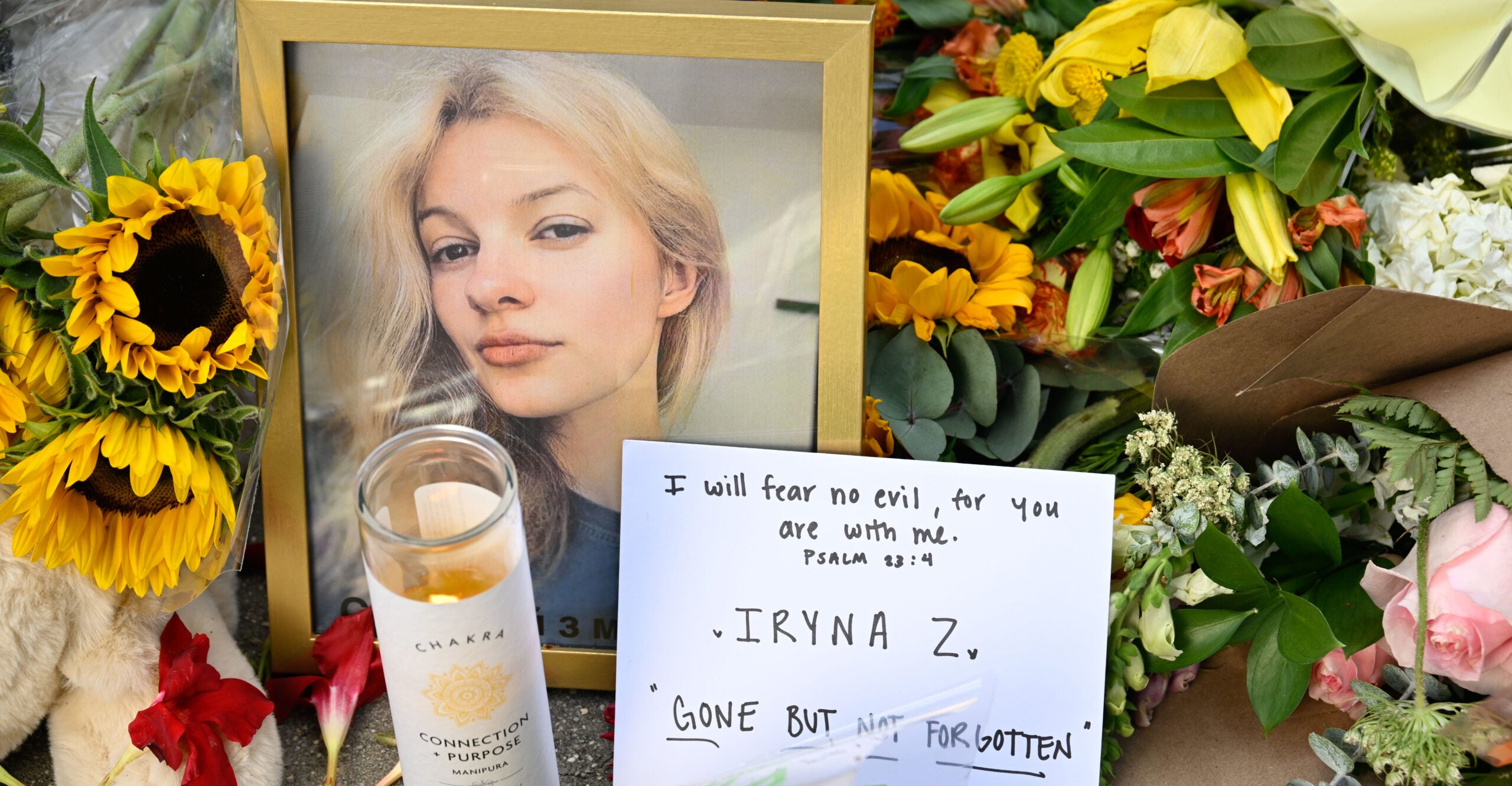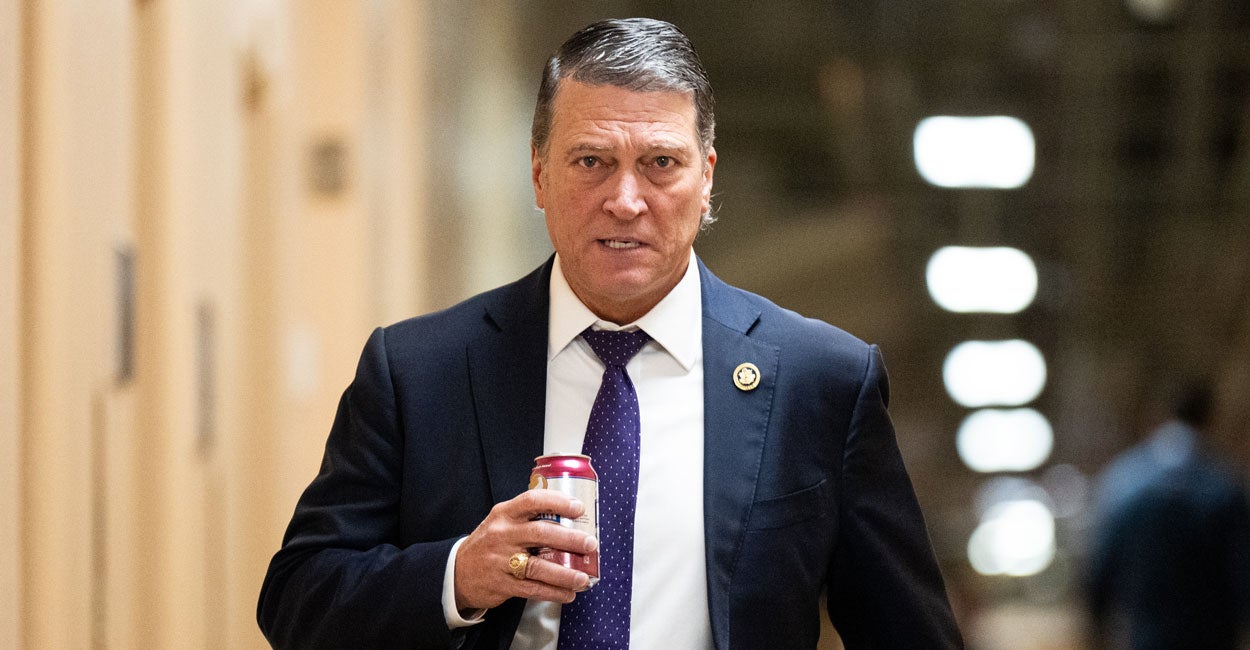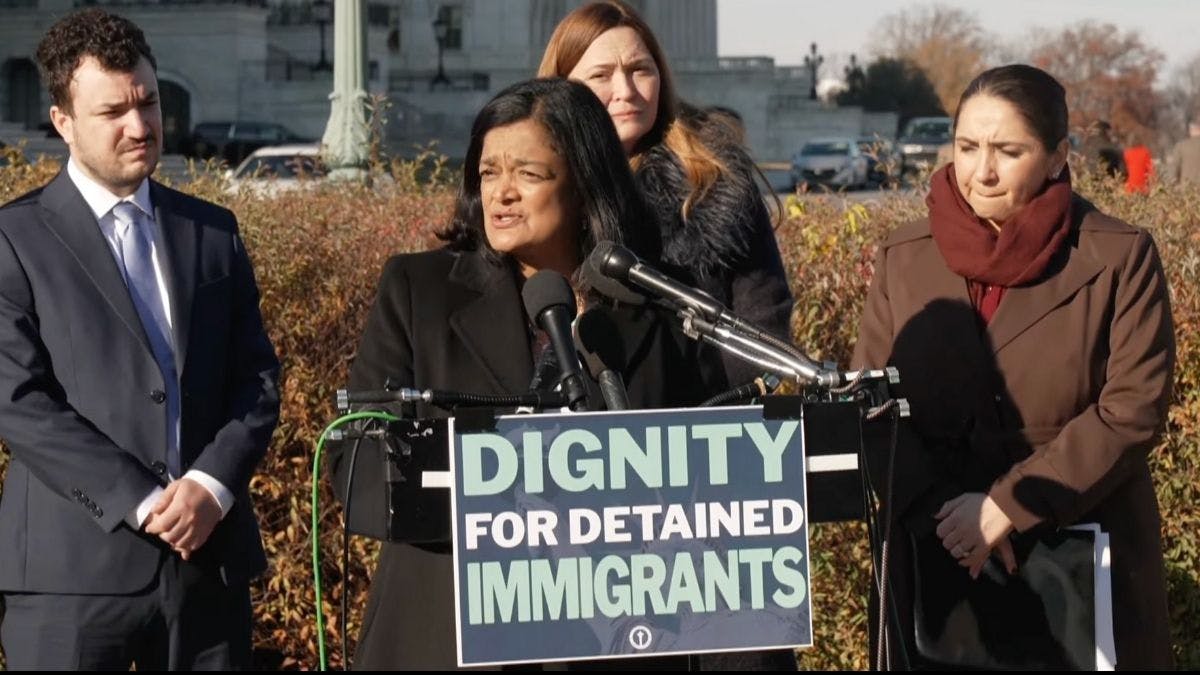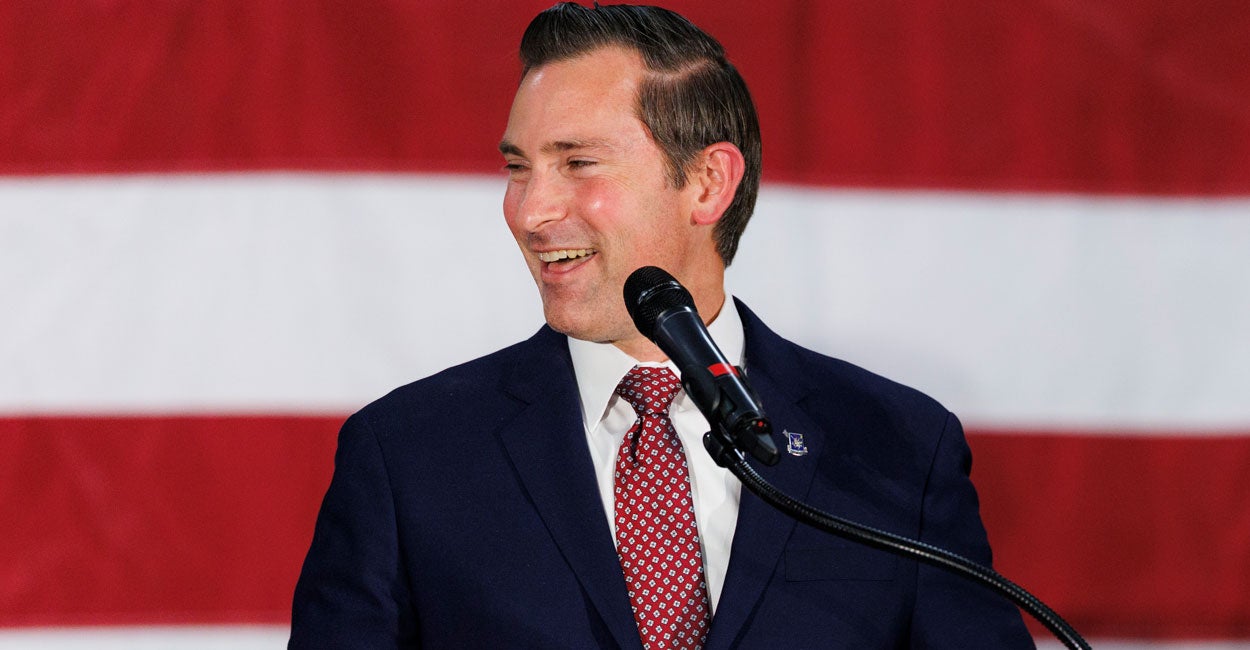Bishop Barron Explains How Pope Leo XIV Could Shape a New Era for Catholic Church

Catholic Bishop Robert Barron was live on NBC News last month when white smoke began billowing from the Sistine Chapel’s chimney, signifying the election of a new pope.
The quick decision by the College of Cardinals caught Barron by surprise, he recounted on a recent podcast episode, requiring him to sprint across Rome with his signature Panama hat for a promised interview with Fox News.
The ever-present Barron made regular TV appearances on ABC News, CBS News, CNN, and EWTN—in addition to Fox News and NBC News—during his time in Vatican City.
A month after the historic election of American-born Robert Francis Prevost as pope, Barron shared his reflections from the experience on the latest Word on Fire podcast episode.
The large media presence in Rome during the papal conclave reflects the pope’s political and cultural significance across the globe, Barron said.
“Whether you like the pope or not, whether you like the Catholic Church or not, [the media] know the power of the papacy. He’s the most important religious figure in the world,” Barron said. “And that’s not Catholic jingoism or putting anybody down. It’s just the fact. The most recognizable, the most influential religious leader in the world is the pope.”
Barron expressed his hopeful expectations for Pope Leo XIV, starting with his choice of the name.
“I was very pleased when I heard his name,” Barron said. “The fact that he went back well over 100 years to this pivotal player, pope from 1878, I think, till 1903. It avoided this difficulty of getting pigeonholed right away. And he chose someone who indeed is reverenced by more liberal Catholics and more conservative Catholics.”
Just as Pope Leo XIII faced a changing world during his papacy from 1878 to 1903, so too does his successor, Barron explained.
“You can find things that liberals really like, conservatives really like, moderates really like in Leo XIII. So choosing that name, I think, was a real bridge-building move on his part,” Barron said. “Leo XIII was really addressing the vast and rapid changes that industrialization was wreaking a lot of havoc on society. Leo XIV is really looking at AI and technology.”
Barron wasn’t expecting the first-ever American pope to be elected by the College of Cardinals, but he didn’t see it as a political statement from the Catholic Church.
“I don’t know if they were that preoccupied with his provenance and his citizenship. I think they recognize qualities in him that were papal. So I don’t know if there’s any great statement being made.
“People ask, ‘Was it a rebuke to [President] Trump?’ I just don’t think they were thinking along those lines. They saw [Prevost] as a guy for a variety of reasons, uniquely positioned for this job,” Barron said.
Some of Pope Leo XIV’s actions, such as wearing a formal stole after his election, have departed from those of his predecessor, Pope Francis. Barron said that while some people “might say these are little symbolic things … what we’re trying to get a sense of [is] where he’s coming from.”
Among the issues that Pope Leo XIV will confront are “the new evangelization” in the West and “disaffiliation, especially of the young,” Barron said. He noted the pope’s American roots might also help the Catholic Church address its financial situation.
Barron’s interview was released Monday, the same day as the White House’s Religious Liberty Commission held its first meeting at the Museum of the Bible. Barron was appointed to the commission on May 1, and delivered a prayer at the White House.
Accepting a role on the commission was an easy decision for him, Barron explained, even as some critics suggested he shouldn’t get involved.
“We bishops have been concerned with religious liberty now for the past 25, 30 years,” Barron said. “When I got that invitation from the president, I thought, ‘He’s reaching out to a Catholic bishop to seek advice on an issue that we bishops think is of enormous significance. Why would I say no to that?’”
The purpose of the commission, Barron said, is “to produce a document by next July—the 250th anniversary of the country—recommending some changes maybe in our public policy and about religious liberty.”
Barron’s role in the commission is not unprecedented. He noted that the Rev. Theodore Hesburgh, a Catholic priest and president of Notre Dame University from 1952 until 1987, “served on 16 separate presidential commissions under five presidents, two Republicans and three Democrats.”
In addition, Barron explained that his own role on the commission does “not [mean] that [he’s] co-opted or brought into endorsing every single policy. The president is only asking for advice in the formulation of public policy.”
“I’m not angling for a political position,” Barron said. “I just see myself as offering a Catholic perspective on these things.”
One thing Barron did get during his visit to Washington was a sunburn. That’s what led him to purchase the Panama hat, which he wore during his numerous TV appearances the following week.
“I’m not angling to become governor of Arkansas or something,” he said. “I mean, what can the president give me? I got a sunburn from being in the Rose Garden.”
The post Bishop Barron Explains How Pope Leo XIV Could Shape a New Era for Catholic Church appeared first on The Daily Signal.
Originally Published at Daily Wire, Daily Signal, or The Blaze
What's Your Reaction?
 Like
0
Like
0
 Dislike
0
Dislike
0
 Love
0
Love
0
 Funny
0
Funny
0
 Angry
0
Angry
0
 Sad
0
Sad
0
 Wow
0
Wow
0
